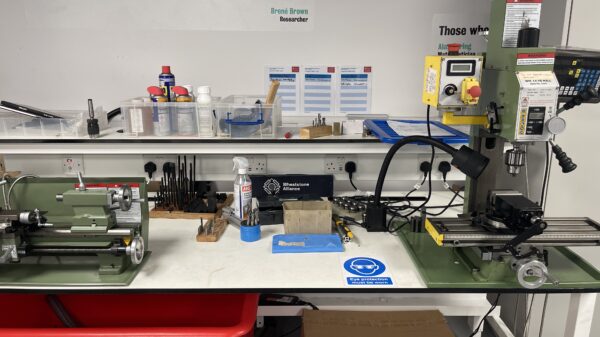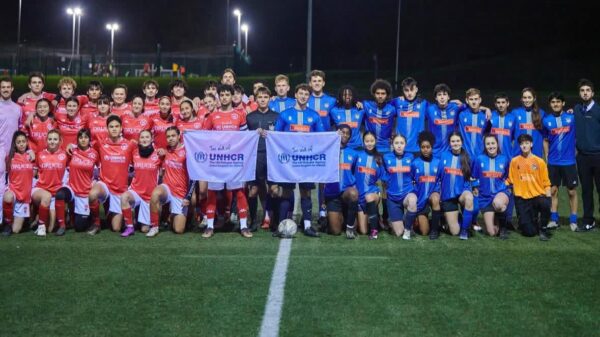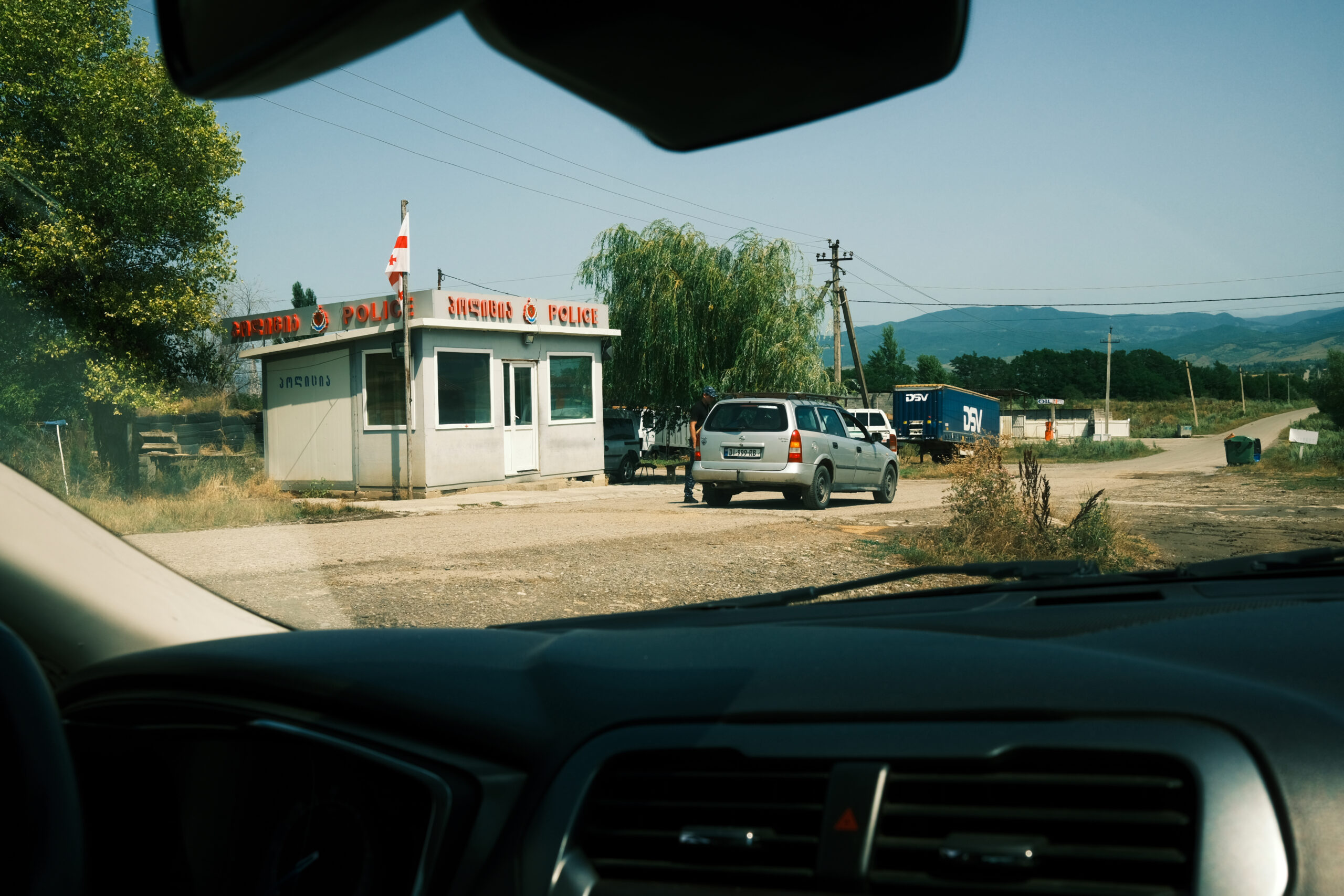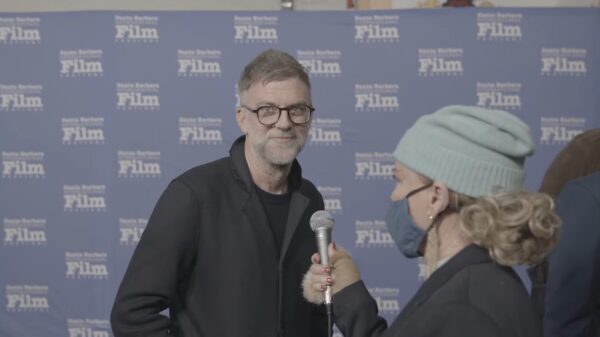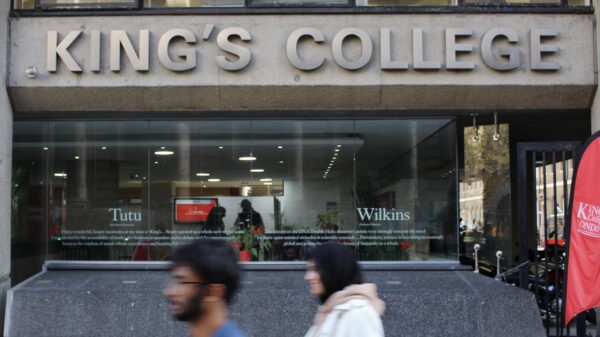Staff Writer Alex Kyriacou and Editor-In-Chief Grace Holloway reflect on the words of former US President Barack Obama at a time when America and the world face political fragmentation and a loss of hope.
President Obama was the future once. And as he settled into his chair for an evening conversation with 14,000 people at the O2, as if it were some regular coffee morning, it wasn’t hard to see why. As a young senator, he had captured a coalition of hearts and minds that propelled him into the presidency.
Now older, and admittedly more so than you expect, he began speaking in a soft, punctuated rhythm. But you could still see every ounce of the edge that once carried him into the White House. He assessed, dismantled, and rebuilt our reality with the ease of sipping from his mug.
That reality, however, feels bleak. A pervasive dread hangs over politics today. In Obama’s eyes, we’re living through an inflection point.
“The violence associated with this inflection point has to do with the failure of politics. Violence happens when the systems we’ve built to mediate our differences break down.”
President Obama reflecting on political violence in the aftermath of Conservative activist Charlie Kirk’s assasination
With his trademark calm, though longer-winded now than his campaign cadence once suggested, he laid out the problem. In under ten minutes, he articulated a fear many of us feel but struggle to verbalise: we are a generation with none of the guarantees of those before us. Our parents graduated into stability within a liberal world order and the early promise of globalisation. Our grandparents stepped into booming capitalism.
And us? We inherit a collapsing global order, a social contract that no longer guarantees stability, and a stage of capitalism that commodifies even what once seemed sacred.
As Obama put it: we didn’t attend to the consequences of globalisation, and now we face divided politics, uncertainty, and cynicism. Not unprecedented struggles – but uniquely difficult ones for a generation coming of age. A world where individuals control more wealth than nation-states, where conflict is rife at every political level, and insecurity dominates identities.
As Obama reflected in the United States, American society is fragmented with its traditional belief of equality. ‘We the people’ no longer includes all people.
“We saw both a reaction to the faliures to attend the disruptions of globalisation and a faliure to adapt to a language that made everyone feel as if they had a stake in the universal principles that we put forward.”
And yet, resignation won’t do. It’s tempting to accept that what will be, will be. But that didn’t work for Obama. It won’t work for us either.
At times, his answers meandered, punctuated by pauses. But every so often, the fire of his old campaign voice broke through, none more so than when he spoke of convictions. It sounds lofty, even naïve, but he was clear: convictions matter. Remembering why democracy is worth defending, why the liberal order brought stability, why our values endure, in those convictions lies a spark of hope.
“I would like to see when we talk about democracy, justice, equality: I would like us to also be talking about some old fashioned values to do with how we treat each other and how we see ourselves and what gives purpose of meaning to our lives.”
Perhaps it was just rhetoric. But in a landscape defined by hopelessness, digging into some convictions does not seem like such a bad idea. But importantly, convictions are not easy. Obama joked that if a conviction is easy it’s just fashion – having to defend what you believe in is difficult.
This is not a call to the left or to the right – it’s more a call to unified politics again. It’s easy to look at the current occupant of the White House and levy all the world’s ills at his door, but that won’t bring back any hope in the morning. If we can manage to hold onto and form those convictions with a bit more fight, with the grace as well to accept when we get it wrong, maybe we can bring back a little bit of hope as a result.
Hope, of course, was the beating heart of Obama’s own campaign. And while it’s a mistake to pin the hopes of a generation on any one figure, there are few who understand better how to capture hope and turn it into change.
In one of his lighter moments, Obama quipped that “80% of the world’s problems are old men hanging on.” Once, he was the challenger to those very men. Perhaps that was his subtle call for our generation to take up the same role.
The evening with Obama did not end in doom and gloom. Yes, we face daunting challenges. Yes, we face uncertainty – populism, artificial intelligence, misinformation. But all hope is not lost. Our generation has no choice but to rise to the task – and, just as someone once coined, there is every reason to believe that yes, we can.
“Us lifting them [young people] and embracing them and emulating them, that is what gives me hope. The part of the human spirit that I believe will triumph in the end.”
Concluding remarks from the former President
Grace Holloway is Roar's editor-in-chief managing the editorial side of our operation as well. She has gained valuable experience from Bloomberg as well as writing for Breaking Media, the Non-League Paper and Politics UK.



